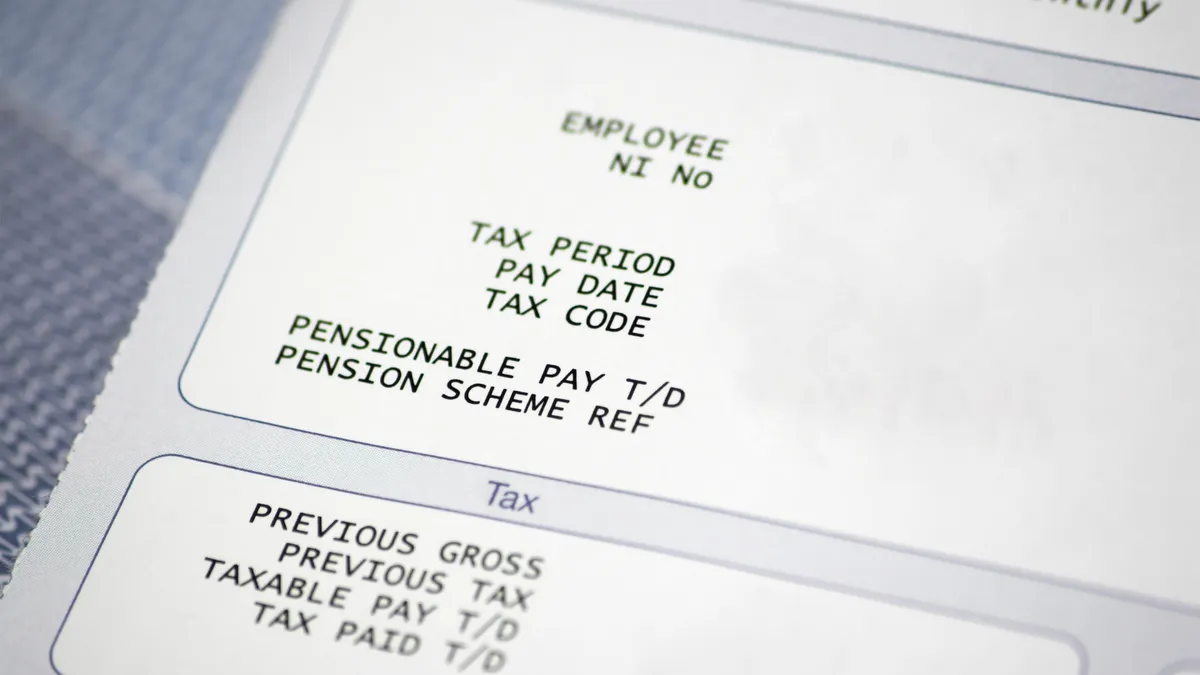Employers are reacting to the Consumer Financial Protection Bureau’s new rule interpretation regarding earned wage access, said Jason Lee, the founder and former CEO of DailyPay and now the chief of Chime Enterprise, a unit of San Francisco-based neobank Chime. The rule, issued last month, interprets existing laws to conclude that the payment of early wages to workers ahead of their paydays that include fees may be considered loans under the Truth in Lending Act and other federal laws.
Lee cares about the topic because he was a pioneer in the EWA arena, and because he’s now working on the financial services that Chime enables employers to provide to workers.
In an interview, he explained how employers are acting now, regardless of further agency input, to remain on the right side of that new agency outlook. Some 80 million U.S. hourly workers tap earned wages before their payday through one of the many EWA tools, he said. About half of those workers receive EWA services through their employers and the other half through third-party providers, he estimated, based on app downloads through tech giant Apple. Although many EWA providers tout the services as free, Lee estimated that about 80% of workers who receive EWA services through their employers pay some sort of fee, or tip.
Editor’s note: This interview has been edited for clarity and brevity.
PAYMENTS DIVE: How are employers reacting to this new CFPB interpretive rule?
JASON LEE: For employers, this is kind of a shift toward, ‘Hey, I probably want to only offer something to my employees that is at zero-cost, or at some de minimis cost, whether or not it's statutory.’ I will tell you firsthand, there are several world-class employers who are thinking, regardless of what the law is, this feels like the direction the market is headed, which is that people should not have to pay to access their pay at work.
Why is being on the right side of this new CFPB policy so important for employers?
The Society of Human Resource Management, which tracks employee benefits, will tell you that the adoption rates for most benefits are single digits, and that's what our clients tell us. They're shocked when they see 30% to 50% adoption [for earned wage access tools]. Any serious company doesn’t want to wake up and say, ‘Wait, in three months, I have to transition my entire program. Like, how do I do that?’
Are employers acting quickly because they fear being caught flat-footed in a new regulatory climate, or by their competitors moving faster, or something else?
There are three reasons. Regulatory stuff tends to move in a very unpredictable way these days … and large companies can't run their business this way.
Also, if you talk to any CEO, a chief human resource officer, what they will tell you is labor is still our number-one concern. And so they don't want their people to walk down the street. ... [Employees will] walk out of the door for $0.25. … Wage pressure is still very, very high. This is absolutely one of the things that is competitive.
Finally, corporations are under a lot of budget constraints right now, like everyone is being asked to do more with less. Here's what people are afraid of: What if my vendor wakes up one morning and says, ‘I'm sorry, the law says we can't charge the fee. You have to pay for it now’?
How might employers see this new CFPB stance affecting states’ efforts to enact laws that address early wage access services?
I'm not sure it matters to employers. I don't think employers are thinking about the world like that. They just kind of go to the limit. It seems pretty clear that people don't want to pay so we don't want to charge on this thing. So, what technology can we build or what technology can we adopt that allows us just to be more consistent with where the endgame is.
What’s the upshot then of the CFPB move?
Very important people in Washington have said, ‘We don't want people to pay for their pay’ within the employer context, as in at work.
What are the repercussions for the industry as a whole?
Nothing creates and forces innovation like changes in law, like a big change like this. … My view is that this will probably push the industry toward zero fees because that's what employers want. And that's frankly what it sounds like the CFPB is kind of edging us toward. And then technology has to respond.
What is Chime Enterprise doing about this?
Our perspective is that, whether or not this is a law, [these] products should be more similar to a no-fee [service], or [have a] very, very minimal fee structure.















